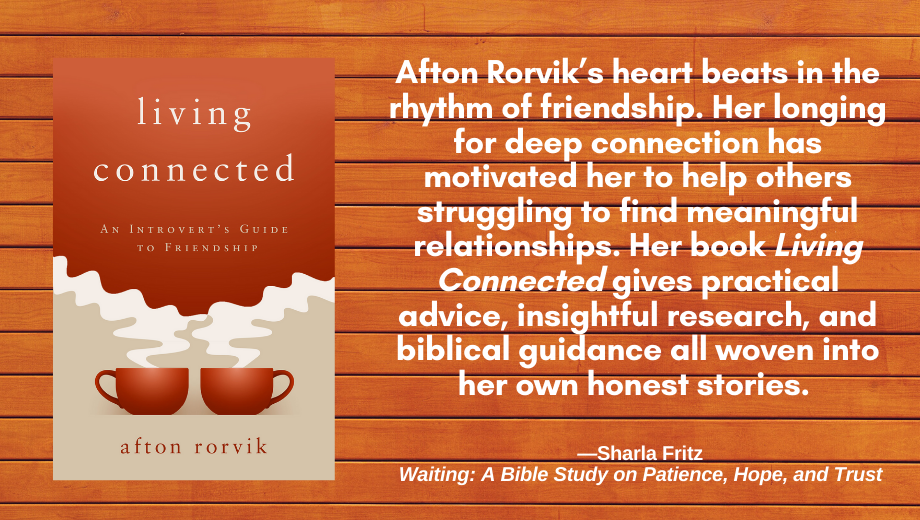
What serendipity! One of my best friends has written a lovely book on friendship.
Afton and I met about ten years ago in a writers group where we all read each others’ work and offered praise and suggestions. As a newbie working on my very first book, I greatly benefitted from Afton’s advice since she was an experienced editor. That first book would have been far less polished without her input.
Fast forward a few years. Afton and I both joined the Redbud Writers Guild and took part in a new writers group. I had the privilege of seeing several new books birthed from that small group of writers–one of them Afton’s. As our group read each chapter of her fledgling book, we appreciated her honest stories about friendship and her helpful suggestions about improving our connections with others.
One day after the group meeting, Afton and I were talking in the parking lot of Panera and Afton got a call from her agent. A publisher said yes to her book! We did a little happy dance right there in the parking lot!
I have no doubt that you will also love her book! Living Connected: An Introvert’s Guide to Friendship includes real-life friendship stories, Bible stories, and hints on how you can reach out to others while remaining true to yourself. Each chapter focuses on one aspect of friendship. You’ll learn how empathy and loyalty contribute to deep friendships. You’ll see how approachability and creativity can help you make new friends. Flexibility and consistency balance our relationships. And humility and confidentiality hold them together.
So you can find out more about Afton’s inspiring book, I asked her to share more about why she wrote it and how it will enrich your life.
- The book focuses on friendship for introverts. Isn’t that ironic? Don’t introverts just want to be alone?
Introverts do happily spend time alone. And they like quiet. But they do also like people. In fact, introverts really enjoy one-on-one conversations. But being with people takes more effort for introverts than it does for extroverts.
- How exactly would you define the words introvert and extrovert?
One of the definitions that helps me most includes the answer to this question: What energizes you? Introverts find energy from quiet; extroverts find energy from activity, especially people activity.
For example, my husband, an extrovert comes alive in a room full of people. And on a Saturday morning after a draining week, he picks up the phone to call a friend—or two or three.
As an introvert, I feel overwhelmed in a room full of people. And on a Saturday morning after a draining week, I want a few hours alone in the basement.
Obviously, no person fits completely into a box. People have tremendous nuance. And the terms introvert and extrovert include so much more than just what energizes a person. The Myers-Briggs Type Indicator Assessment has helped lots of people learn more about introversion and extroversion for over 75 years. The assessment talks about ways people gain energy, but it also covers how they take in information, make decisions, and organize their worlds. So helpful!
I also highly recommend the books Quiet: The Power of Introverts in a World That Can’t Stop Talking by Susan Cain and Introverts in the Church: Finding Our Place in an Extroverted Culture by Adam McHugh.
- And you are an introvert? How did you come to own your own introversion?
Way back in college, I took the Meyers Briggs test and discovered that I am an introvert. I did not pay much attention back then. I wish I had. Instead, for decades I pushed myself to act like an extrovert and even shamed myself for my quiet voice. But over the past decade, I discovered some book friends that really helped me understand and own my introverted voice. Adam McHugh’s book Introvert’s in the Church particularly spoke to me. I have a quotation from his book on my dresser where it reminds me every day that my introversion is a gift: “I’d like to think that the work of God might be displayed through by introversion, and not in spite of it.
- How does understanding this about yourself give you direction and purpose in terms of connecting to others?
The more I read and thought and prayed about introversion and friendship, the more I realized that God didn’t make a mistake when He wired me as an introvert. He gave me a gift! A gift that actually helps me connect well with people.
Introverts tend to have unique gifts that actually make them good at connecting. We don’t have to become “fake extroverts.” We can instead embrace our natural tendencies to listen, ask questions, think outside the box, process through writing, and empathetically feel others’ pain. All of those abilities help introverts connect with others.
- How does faith factor into living connected as an introvert?
As an introvert, I love quiet. I happily spend time alone, particularly in my large, over-stuffed, living room chair
But then I read John 15:12 (NLT) and discover a get-out-of-your-chair-and-reach-for-people challenge, straight from the mouth of Jesus:
This is my commandment: Love each other in the same way I have loved you.
These words remind me that because God has deeply and sacrificially loved me, I must head into a world that God has called me to live in—a world full of people who don’t know Him. And a world full of people who have lately heard and seen so much aggressive, divisive language and behavior done in God’s name.
BUT I don’t have to pretend to be an extrovert to do it. I can connect in a quiet, thoughtful sort of way, introvert-style.
- Could an extrovert pick up this book and learn something? Do you recommend that extroverts read it?
Several extroverts read the book and even endorsed it. One of my endorsers, Mary Whelchel Lowman, wrote this: “I have lived many of my eighty years without ever thinking about the challenge introverts face. In fact, when I did think or talk about introversion, it was usually with a negative slant—like this was a problem those introverts needed to solve! My good friend Afton Rorvik began to change that for me a few years ago, as she shared her life and writings with me . . . Introvert or not—this is a book you need to read!”
My hope is that extroverts and introverts will read the book and then use it as a launching pad for conversation.
- Where can we get the book?
Get it on Amazon or Barnes and Noble.
Connect with Afton! She is available to speak at your church or group. Contact her through her website: https://aftonrorvik.com/
Plus, follow her on social media.
Social Media Links:
Facebook: https://www.facebook.com/LearningtoLiveConnected/
Twitter: https://twitter.com/AftonRorvik
Instagram: https://www.instagram.com/aftonrorvik/
TikTok: https://www.tiktok.com/@aftonrorvik?lang=en
YouTube Channel: https://www.youtube.com/channel/UCWsesaQt8aFKy6cwx1nUqPg
Goodreads: https://www.goodreads.com/author/show/2845576.Afton_Rorvik
LinkedIn: https://www.linkedin.com/in/afton-rorvik-a55b6080/
Website: https://aftonrorvik.com/
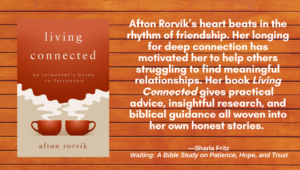
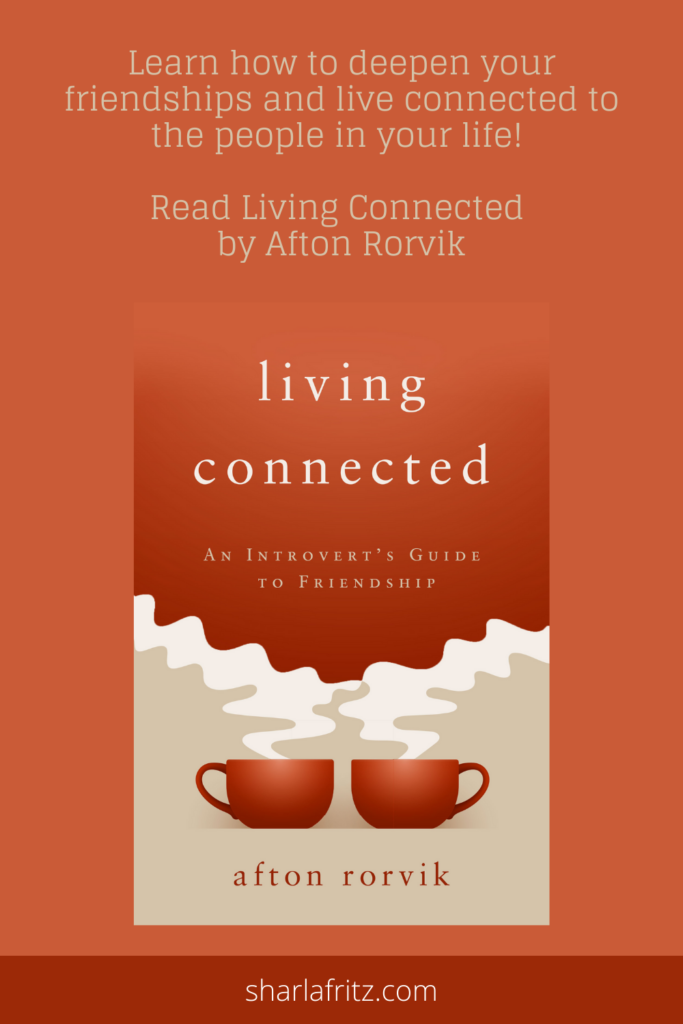
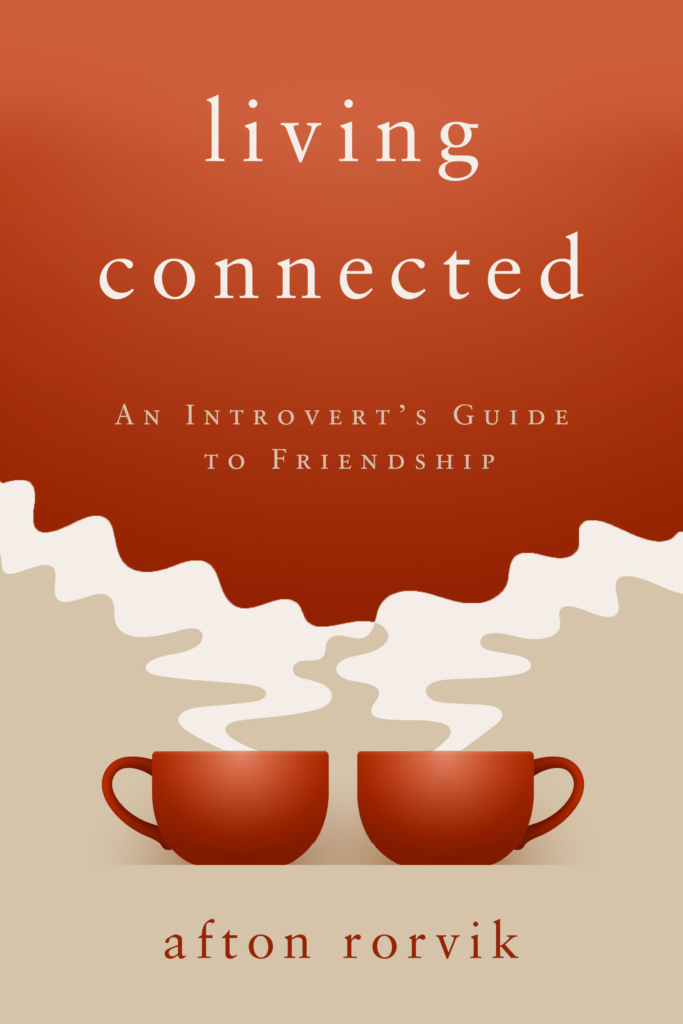








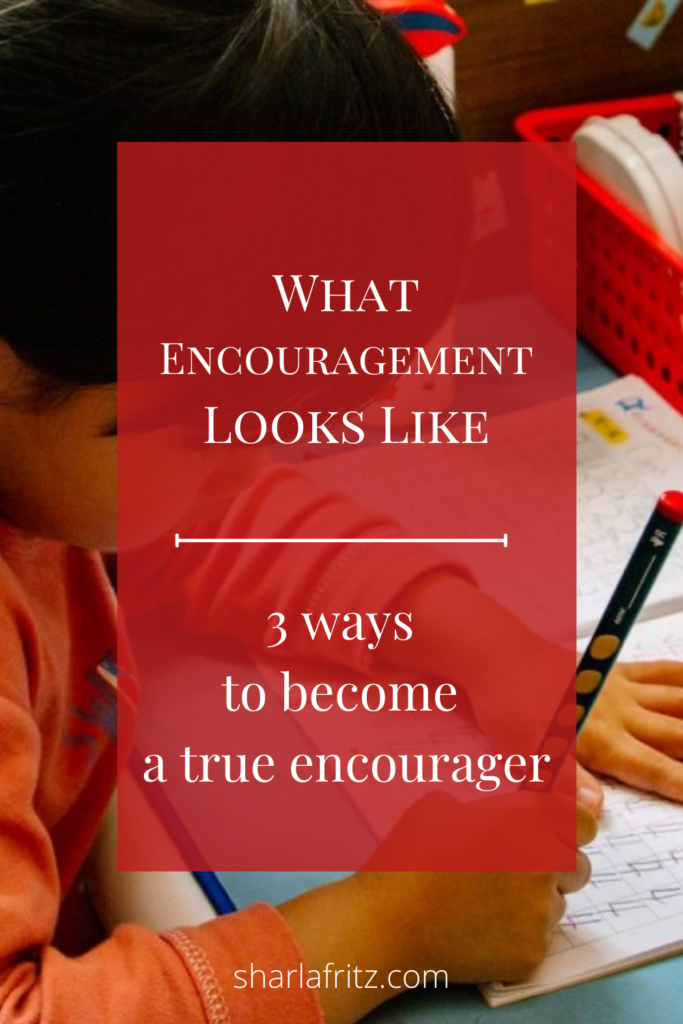












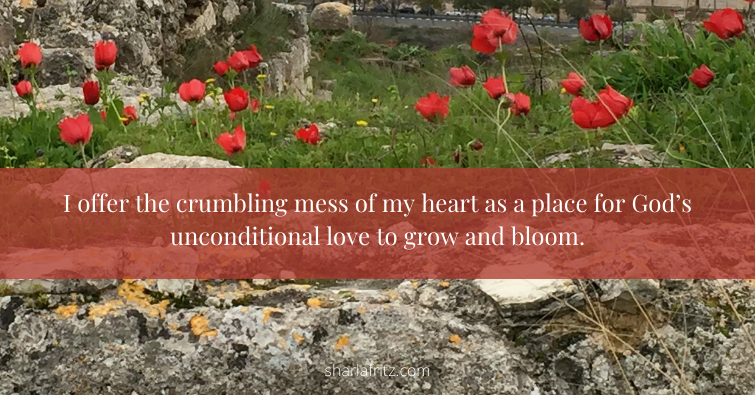







Follow Me!